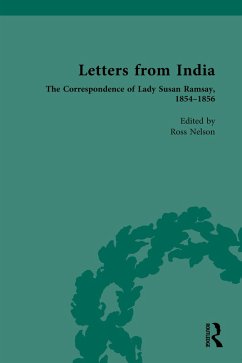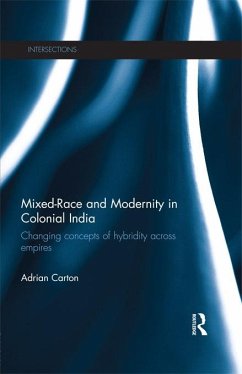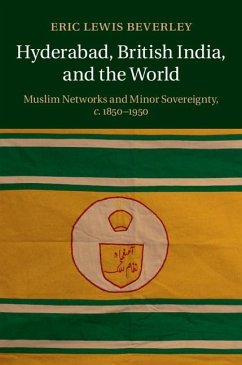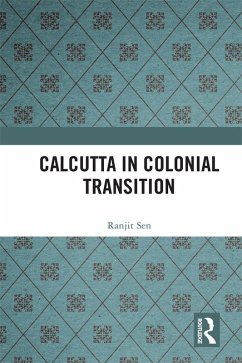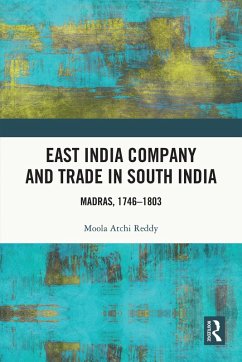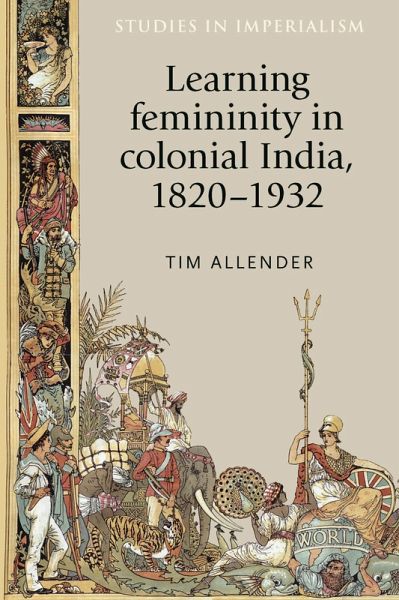
Learning femininity in colonial India, 1820-1932 (eBook, ePUB)
Versandkostenfrei!
Sofort per Download lieferbar
25,95 €
inkl. MwSt.
Weitere Ausgaben:

PAYBACK Punkte
13 °P sammeln!
This book explores the colonial mentalities that shaped and were shaped by women living in colonial India between 1820 and 1932. Using a broad framework the book examines the many life experiences of these women and how their position changed, both personally and professionally, over this long period of study. Drawing on a rich documentary record from archives in the United Kingdom, India, Pakistan, North America, Ireland and Australia this book builds a clear picture of the colonial-configured changes that influenced women interacting with the colonial state. In the early nineteenth century t...
This book explores the colonial mentalities that shaped and were shaped by women living in colonial India between 1820 and 1932. Using a broad framework the book examines the many life experiences of these women and how their position changed, both personally and professionally, over this long period of study. Drawing on a rich documentary record from archives in the United Kingdom, India, Pakistan, North America, Ireland and Australia this book builds a clear picture of the colonial-configured changes that influenced women interacting with the colonial state. In the early nineteenth century the role of some women occupying colonial spaces in India was to provide emotional sustenance to expatriate European males serving away from the moral strictures of Britain. However, powerful colonial statecraft intervened in the middle of the century to racialise these women and give them a new official, moral purpose. Only some females could be teachers, chosen by their race as reliable transmitters of genteel accomplishment codes of European, middle-class femininity. Yet colonial female activism also had impact when pressing against these revised, official gender constructions. New geographies of female medical care outreach emerged. Roman Catholic teaching orders, whose activism was sponsored by piety, sought out other female colonial peripheries, some of which the state was then forced to accommodate. Ultimately the national movement built its own gender thresholds of interchange, ignoring the unproductive colonial learning models for females, infected as these models had become with the broader race, class and gender agendas of a fading raj. This book will appeal to students and academics working on the history of empire and imperialism, gender studies, postcolonial studies and the history of education.
Dieser Download kann aus rechtlichen Gründen nur mit Rechnungsadresse in A, D ausgeliefert werden.




